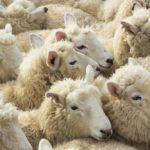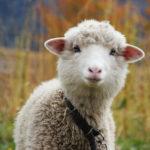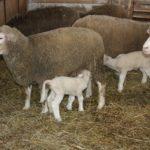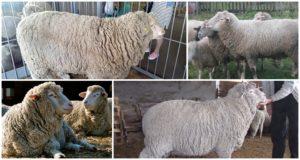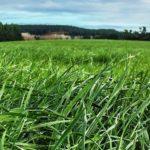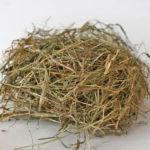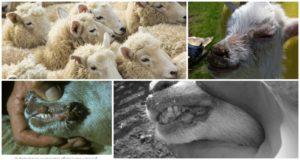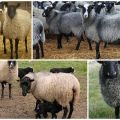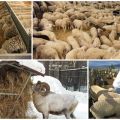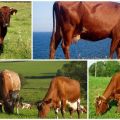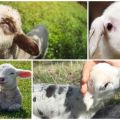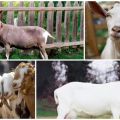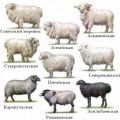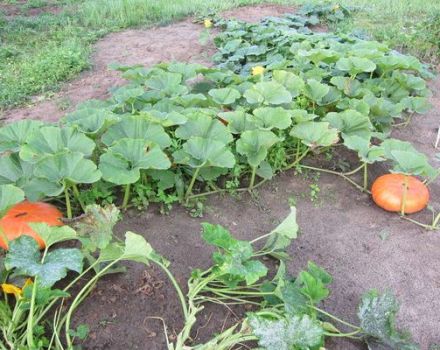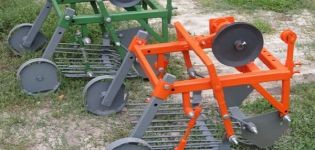How many years do sheep live on average at home and in the wild
Sheep keeping is a rapidly growing agricultural industry. This is due to the fact that sheep are unpretentious animals. They can get along in almost any climatic conditions, and all thanks to the high level of endurance. A prerequisite for their life is the presence of pastures. Novice breeders are often interested in how long domestic sheep live and is it profitable to keep them?
How many years do sheep live on average?
The lifespan of sheep, first of all, depends on their habitat (domestic and wild), on the purpose of growing, on the conditions of keeping.
Wild
Sheep and rams in the wild try to live in herds, on remote hills. Females and males live in separate herds and mate for colder months.
| Wild | Life span |
| Sheep and rams | 15 years |
Home
On average, domestic sheep live for 12-14 years, in good conditions this figure rises to 25. On farms they live for 7-8 years, keeping them for a longer period is not advisable, since over time their teeth are worn out, wool becomes unusable and the meat is tough.
| Home | Life span |
| Sheep and rams | 12 - 25 years old |
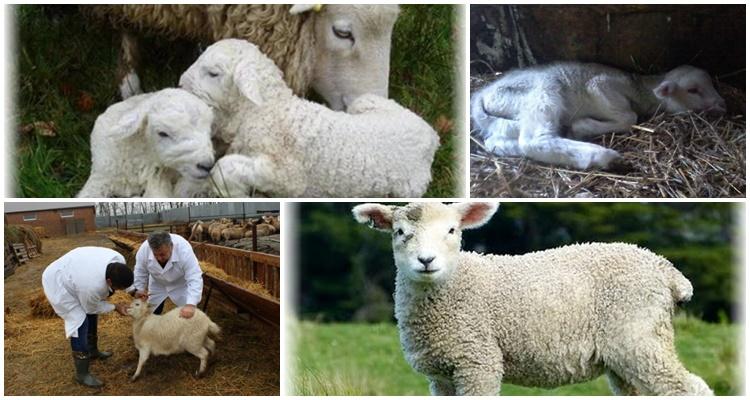
Factors affecting life span
Sheep are herd animals that are bred for several reasons: wool, milk and meat. They are easy to maintain, so they are in great demand in many parts of the world. There are several factors affecting their lives, namely:
- Conditions of detention.
- Nutrition.
Conditions of detention
In order to maximize the life span of an animal, it is necessary to create conditions in which it will have excellent health and strong immunity. In such conditions, the animal lives much longer.
Stables
There are two types: group and single:
- One ram needs at least three square meters of area.
- One sheep - not less than 1.5 square meters.
- A female with lambs needs a separate stall, which will be set apart from the rest. The area for a comfortable stay is 2.5 square meters. For one lamb - 0.8 sq.m. Their stall should be equipped with heaters to maintain the optimal temperature, as well as a ventilation system.
They prefer to group in large herds and snuggle close to each other. That is why the entrance to the stalls must be wide. When building a corral, you should consider a cleaning system for the premises, as well as ventilation. The lack of fresh air negatively affects their health. Appetite disappears, immunity decreases, this affects the quality of wool and milk.
There should be fresh air in the dwelling, but drafts should not be allowed. If the windows serve as ventilation, then there should be no cracks in them. The ideal location is considered to be near a pasture.
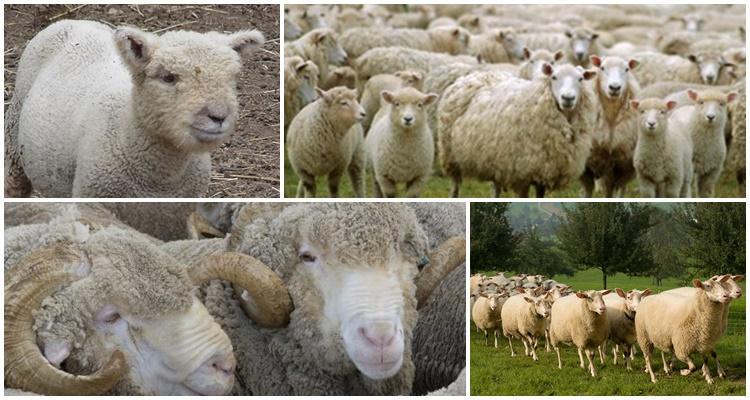
Long troughs are suitable as feeders, their number is calculated from the number of heads in the pen. For one sheep - at least 35 centimeters of trough length, this is the optimal distance at which the animal will not experience discomfort.
Nutrition
The main factor in the quality care of an animal is its diet. Immunity and productivity depend on it. Special attention should be paid to the quality of feed, it should consist of natural products, without the addition of chemicals. They need to be fed at least four times a day. Feeding should have a strict regime. The diet includes hay and straw, silage or root crops can act as additives. Feeding takes place in stages:
- first - hay and straw;
- followed by water;
- at the end - concentrates and roughage.
Leave two bunches of hay before closing the stall overnight. Soda and useful minerals are added to the water. This is because one animal drinks seven to ten liters of water per day. The liquid must be fresh, in cool seasons it must be warmed.
How can you increase the life span of an animal
What is the optimal lifespan of sheep is directly related to the purpose of raising. The purposes for which they are contained are:
- milk;
- wool;
- meat.
To obtain renewable stocks (milk and wool), it makes no sense to keep it for more than 6-10 years. With age, wool becomes stiffer, milk begins to lose its beneficial properties, and volumes decrease. If the goal is to obtain meat, then the lifespan is 2-3 years. During this time, the sheep gains the required mass. And its meat is soft and tasty, in comparison with an older sheep.
In rare cases, the animal is allowed to live for more than 10 years. This may be due to the fact that it brings healthy lambs. There is no sense in increasing the life span of an animal. In order for it to live up to 20-25 years, it is important to adhere to the recommendations listed above.
